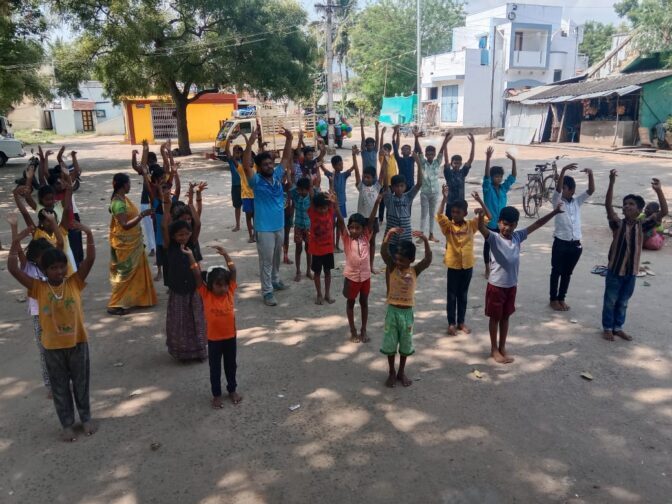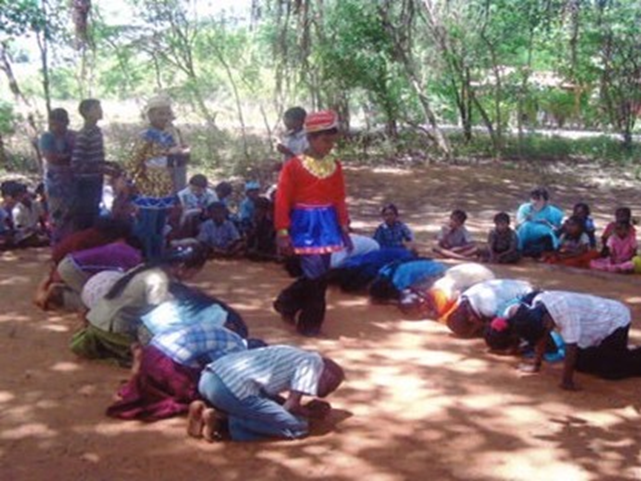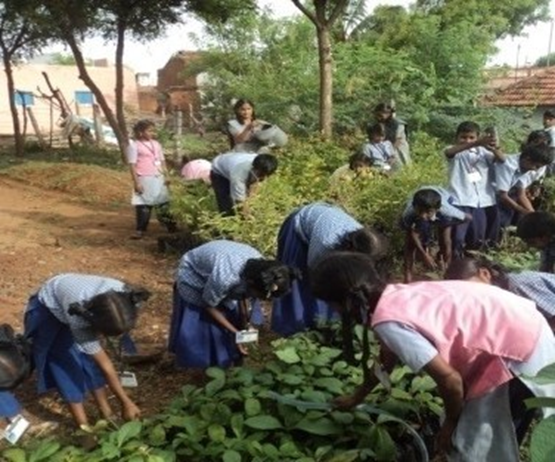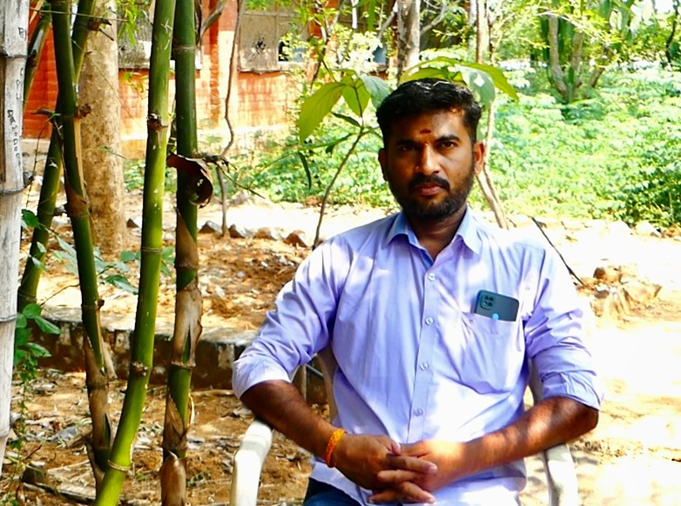Key Focus Areas of CIRHEP’s Nature School
At CIRHEP’s Nature School, children don’t just learn about the environment—they experience it. Through interactive activities, hands-on projects, and real-world exploration, they develop a deep understanding of sustainability, health, and social responsibility.
Key Focus Areas
Environmental Awareness – Understanding conservation, water, and soil management.
Pollution & Its Impact – Exploring air, water, soil, and noise pollution.
Nature’s Balance – Discovering the relationship between living and non-living things.
Tree Planting & Biodiversity – Hands-on learning in reforestation and conservation.
Health & Hygiene – Promoting sanitation and disease prevention.
Gender Equality – Encouraging fairness, inclusion, and equal rights.
Community Responsibility – Engaging in social activities like street cleaning.
Through games, role-play, and fieldwork, CIRHEP’s Nature School nurtures young minds, shaping them into environmental leaders and responsible citizens who care for their communities and the planet.



